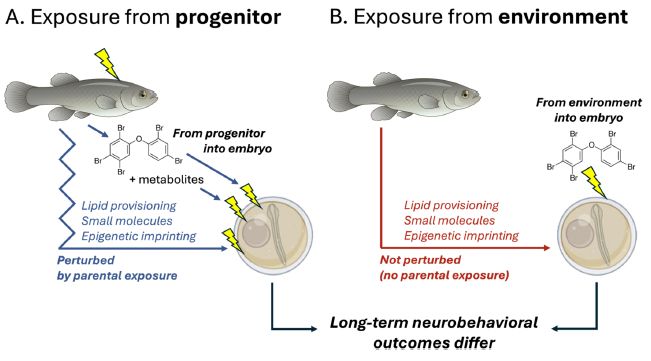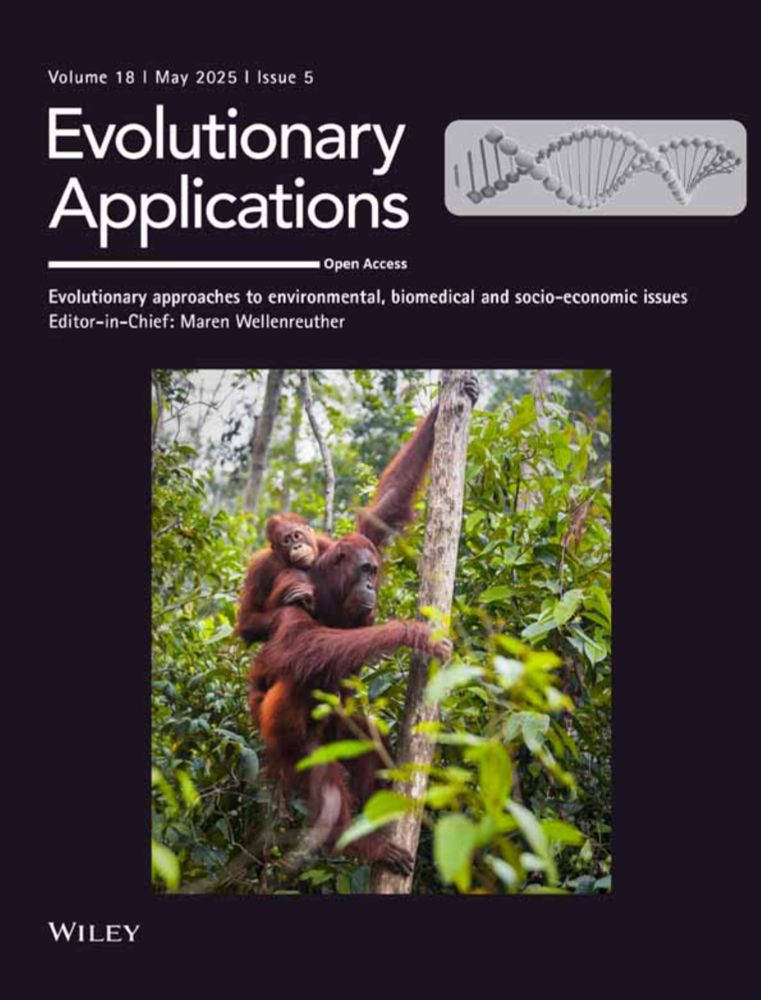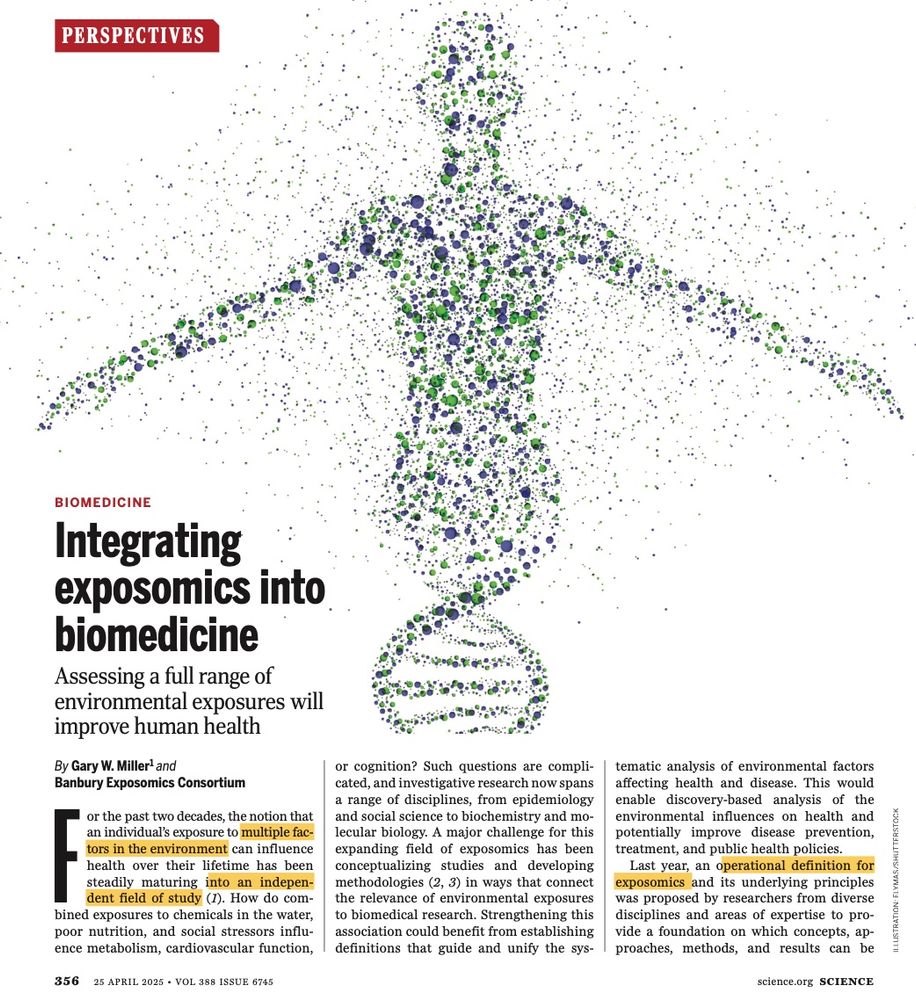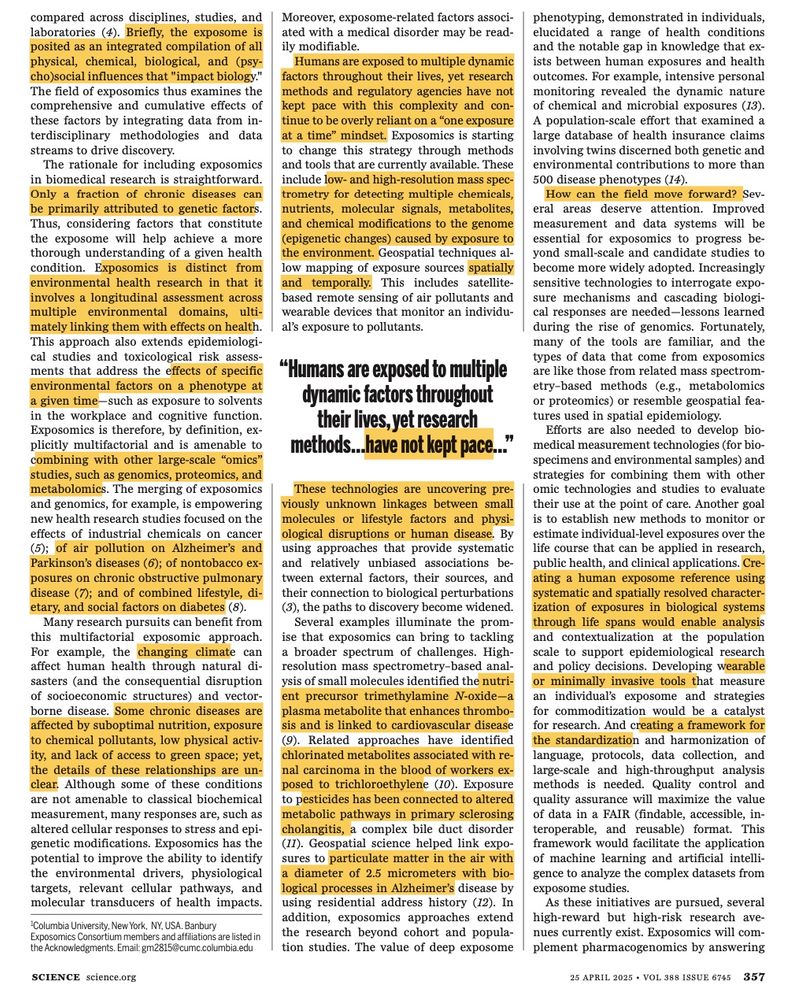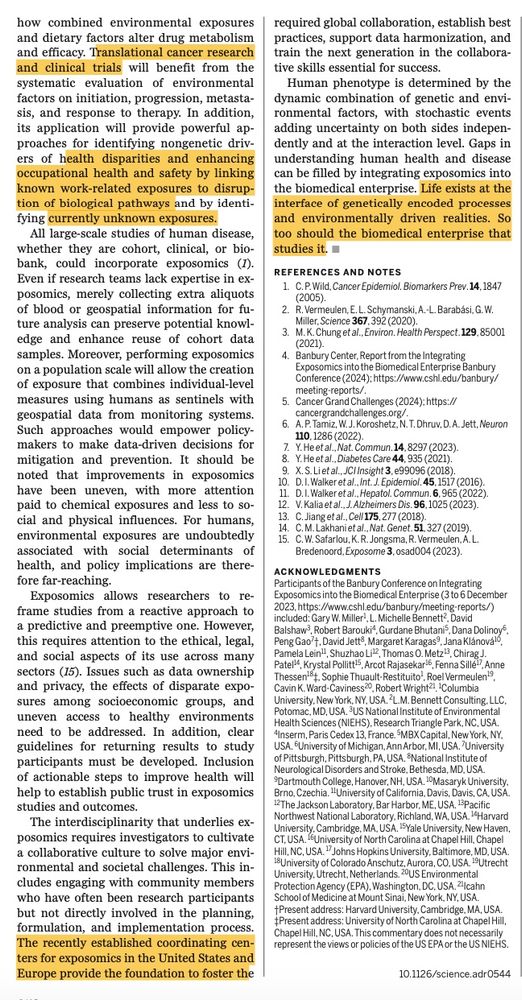Confused writing is usually a symptom of confused thinking. As we struggle to clarify writing, we clarify our thoughts. AI writing aids rob us of that struggle, leaving clean-looking text and thoughts still confused for lack of inspection. Writing is not just a product; it is a diagnostic tool.
05.09.2025 15:20 —
👍 396
🔁 126
💬 6
📌 15
Research on the tenacious little killifish sheds light on how exposure to crude oil and flame retardants impacts later generations. From @andrewwhitehead.bsky.social @ucdavis.bsky.social
27.08.2025 18:57 —
👍 5
🔁 1
💬 0
📌 0
My system is very sophisticated. A running list on my Notes app.😬
23.08.2025 16:29 —
👍 1
🔁 0
💬 0
📌 0
stay tuned for two more papers coming out in the next few weeks on persistent and multi-generational impacts of exposures to ubiquitous flame retardant pollutants...
20.08.2025 23:36 —
👍 0
🔁 0
💬 0
📌 0


New paper out in #ES&T where we show that killifish exposure to crude oil has impacts (on embryo/larval development and transcriptome) that propagate to their offspring and to their grand-offspring. pubs.acs.org/doi/full/10....
@acs.org
20.08.2025 23:36 —
👍 7
🔁 7
💬 1
📌 0
I am thrilled to announce that in January 2026 I will be starting my own lab at NYU Biology! Soon enough I will be recruiting postdocs and students! Please reach out if you are interested with a CV and description of your research interests, or if you know of people who could be interested! 🧬🗽 🦊
25.06.2025 20:10 —
👍 82
🔁 18
💬 7
📌 0
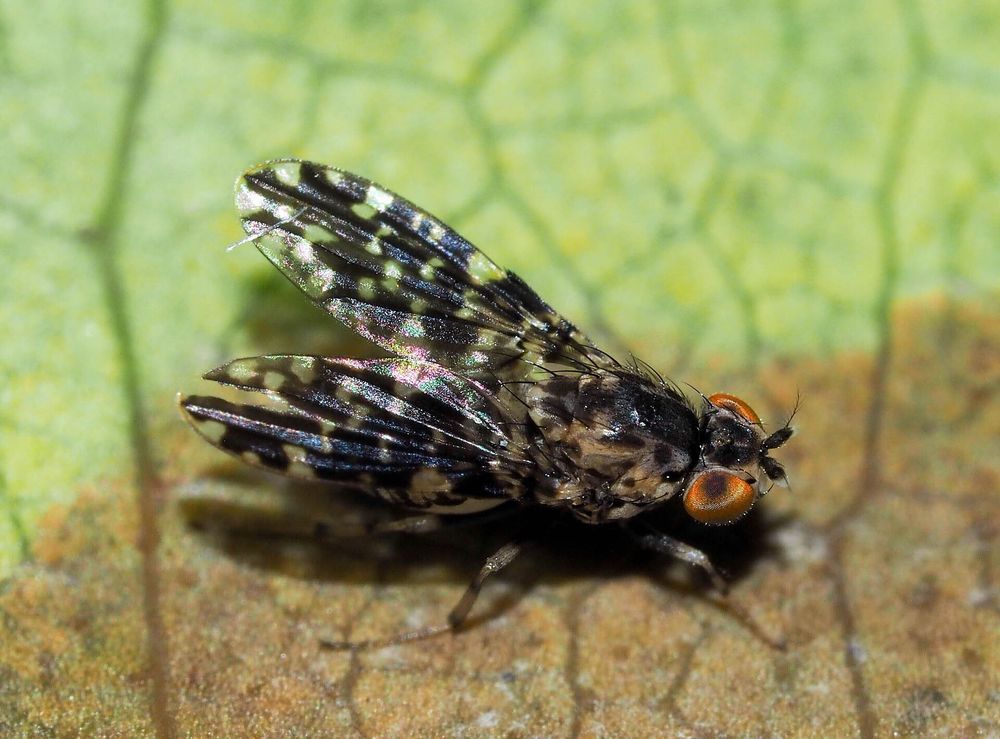
Drosophila picticornis, a Hawaiian fly with patterned wings
Wish I could be at #Evol2025 this year! I’ll be starting a new lab at NYU this fall, and will be recruiting at all levels. Please spread the word if you know anyone who wants to work on evo. genomics, phylogenies, and comparative development of inverts (like Hawaiian Drosophila!) shchurch.github.io
21.06.2025 21:02 —
👍 38
🔁 17
💬 7
📌 0
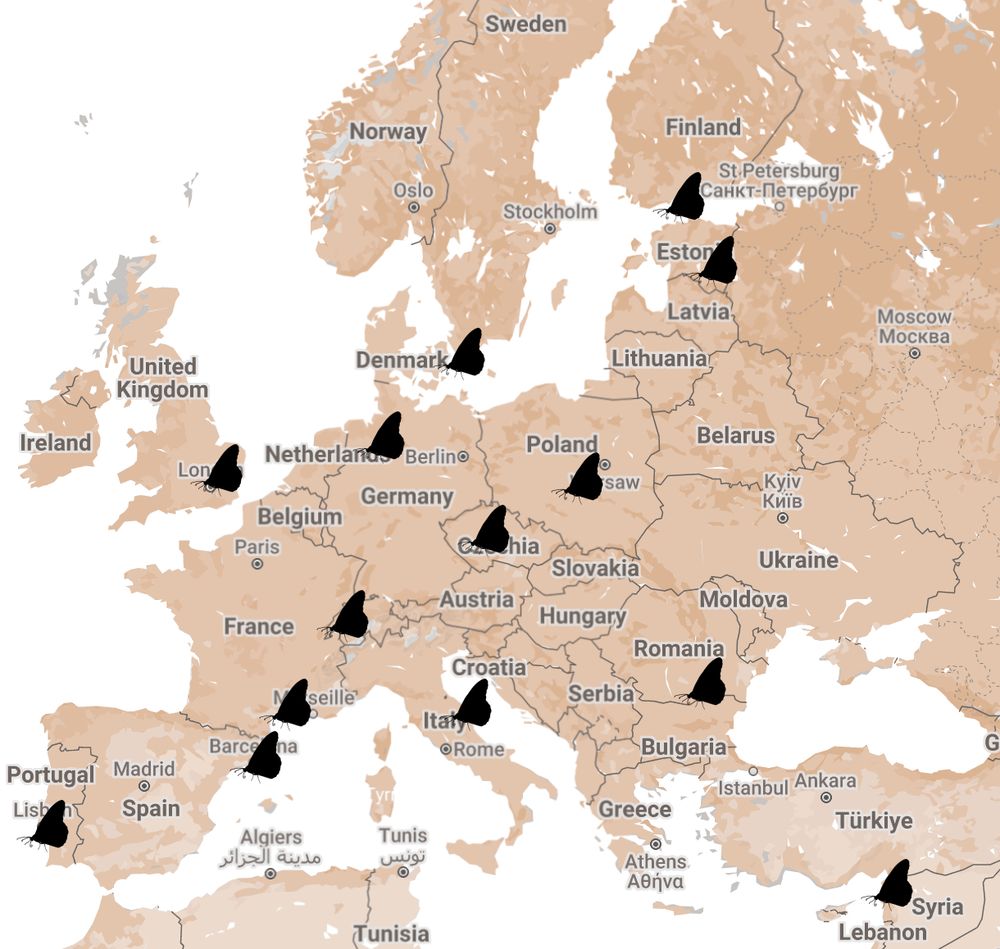
The aim of this proposal is to place population genomic insights into a comparative framework to gain fundamental insights into the determinants of evolutionary outcomes. The project will work within LepEU, the European Lepidopteran Population Genomics Consortium (https://lepeu.github.io/). LepEU provides access to field samples from European populations of diverse species. Chromosome-scale reference genomes are provided by Project Psyche (https://www.projectpsyche.org/). Networking during the postdoc will be facilitated by participation in the 10kLepGenomes COST Action (https://10klepgenomes.eu/). Existing datasets await analysis, while additional samples need DNA extraction and submission for sequencing. Functional validation capability (CRISPR/Cas9 gene manipulations) is also available to test emergent hypotheses of allele-to-phenotype impacts. Personal research interests of the postdoc will be important to determine the exact project, as the project has a generous sequencing budget.
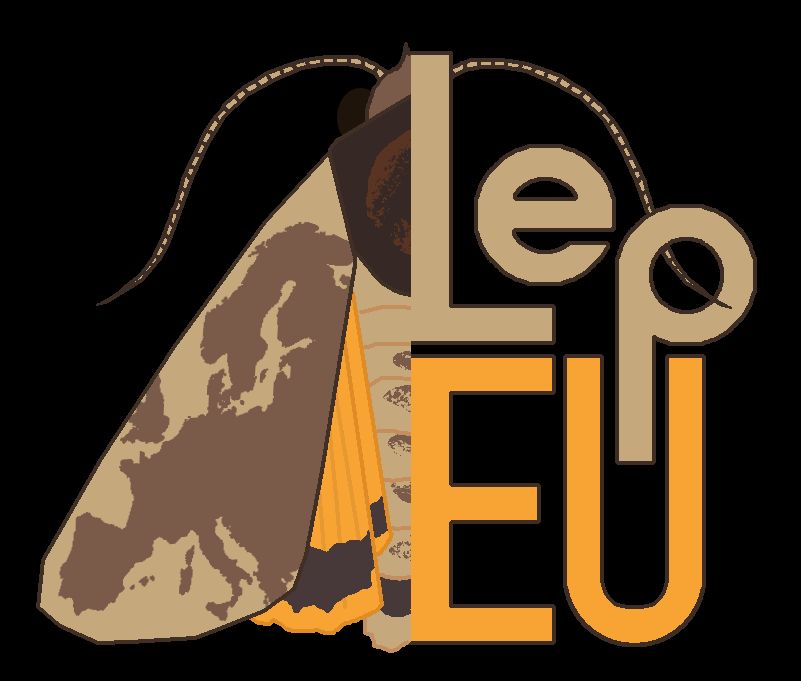
The successful applicant should have a PhD (obtained within 6 years of the application deadline) in a suitable subject area, such as evolutionary biology or population genomics. A strong interest in population genomics, local adaptation, comparative analyses, and experience working with genomic-scale data is essential. The candidate must have a documented publication record demonstrating relevant skills. Experience working with bioinformatic pipelines (e.g., Snakemake), or working with butterflies is welcome but not essential. The net salary is 28,000 SEK/month (~2,430 Euro, not subject to Swedish income tax) and comes directly from the Carl-Trygger Foundation stipend, which is paid out directly to the postdoc. Only PhD candidates acquired outside of the host department can apply. Currently, the lab of Prof. Wheat consists of 3 postdoctoral researchers, while the Dept. of Zoology provides a vibrant and excellent research environment of active, dynamic researchers.
Applications should include: i) a succinct description of research interests and experience, detailing your contribution to any relevant publications (max 1 page), ii) why you are the ideal candidate for this position in the lab (max 1 page); iii) a CV including a list of publications, and iv) the name and contact information of two personal references.
Applications will be reviewed on a rolling basis with a deadline of 23 August 2025. The project is planned to start on 1 October, but flexibility in the starting date can be provided for a suitable candidate. Please contact Prof. Wheat for additional information.
🚨Postdoc opportunity🚨: LepEU postdoc: comparative population genomics of European scale adaptation in butterflies
2 year, full-time PD in my group, Stockholm Univ.
Applications assed on rolling basis, deadline: 23 August 2025. Planned start 1 Oct.
Details:
christopherwheatlab.wordpress.com
22.06.2025 18:20 —
👍 64
🔁 71
💬 0
📌 0
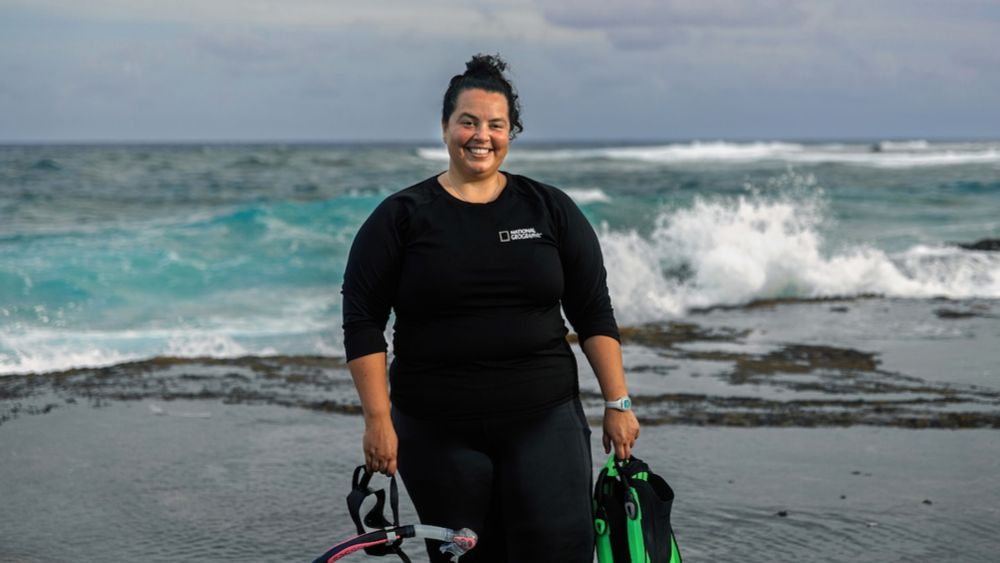
Anya Brown is investigating microbes’ critical role in coral reefs
Her research team’s contributions could hold promise for coral adaptation and conservation.
Anya Brown - @dranyabrown.bsky.social, marine scientist at @ucdavis.bsky.social & Nat Geo Explorer, studies how coral microbes shape reef resilience. “It’s the kind of thing that unites so much of life on Earth,” she says. 🌊🪸🐠
Read more in Nat Geo: www.nationalgeographic.com/impact/artic...
09.06.2025 21:58 —
👍 12
🔁 7
💬 0
📌 0
This is a great thread, with some really nice talking points for your letters to your reps, your protest signs, your zines and flyers, and your conversations with neighbors.
31.05.2025 19:48 —
👍 61
🔁 28
💬 1
📌 1
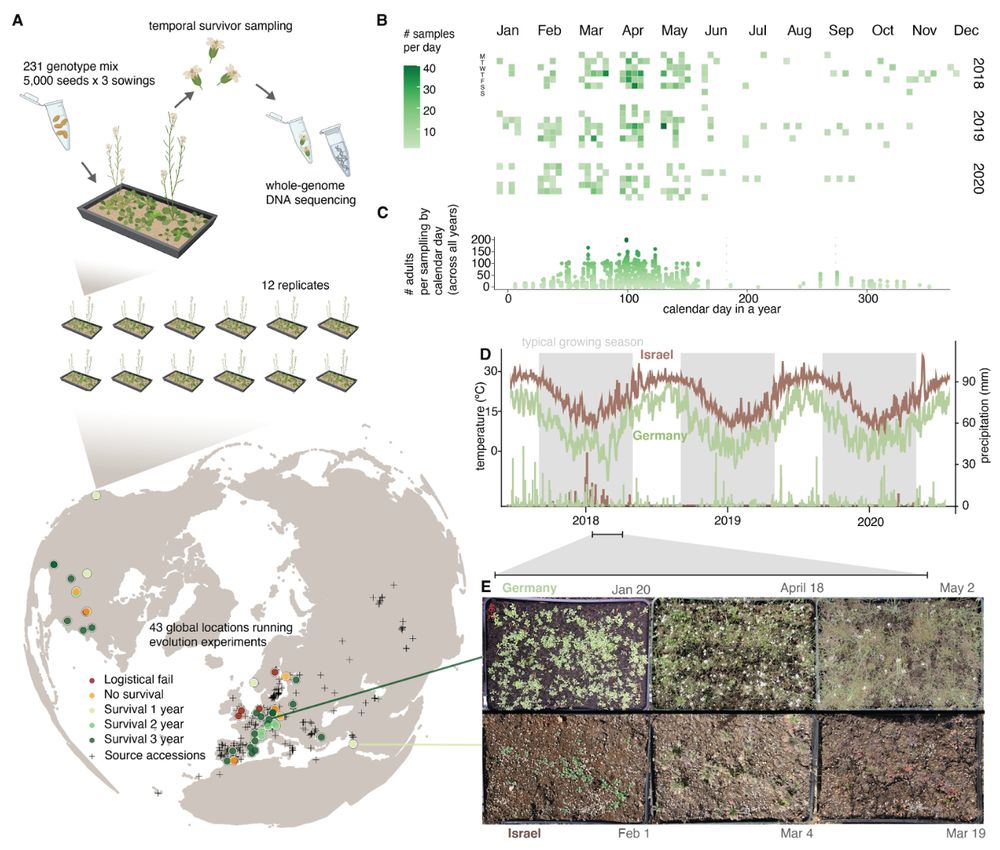
Super excited to release a huge evolution project on the works for many years:
Evolution experiments synchronized across climates to understand rapid adaptation
Preprint: doi.org/10.1101/2025...
All data available: www.grene-net.org/data
#MOILAB
@ucberkeleyofficial.bsky.social
@hhmi.org
🧵👇
30.05.2025 17:55 —
👍 257
🔁 104
💬 9
📌 2
Wow. This looks awesome. Lab group will be reading this!
30.05.2025 20:06 —
👍 3
🔁 0
💬 1
📌 0
🚨 A new rule would let career scientists like NSF/NIH program officers be replaced by political appointees
Already 14,000+ public comments, deadline is Friday
📣 Comments can be short. Courts consider them—and scientists with NSF/NIH experience are especially impactful
Speak up! shorturl.at/WKuBj
21.05.2025 17:39 —
👍 538
🔁 510
💬 25
📌 51
What are your favorites?
15.05.2025 19:58 —
👍 1
🔁 0
💬 1
📌 0
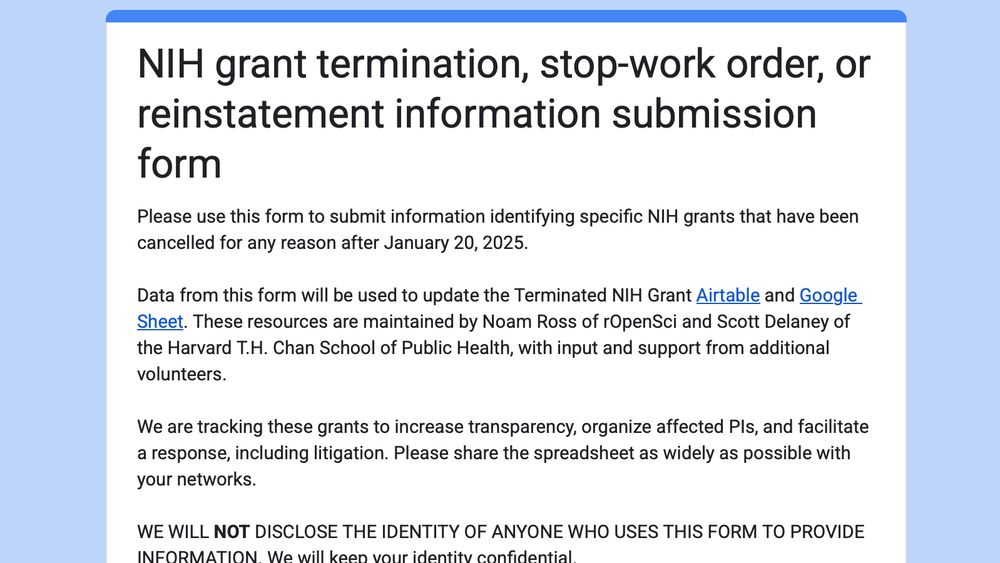
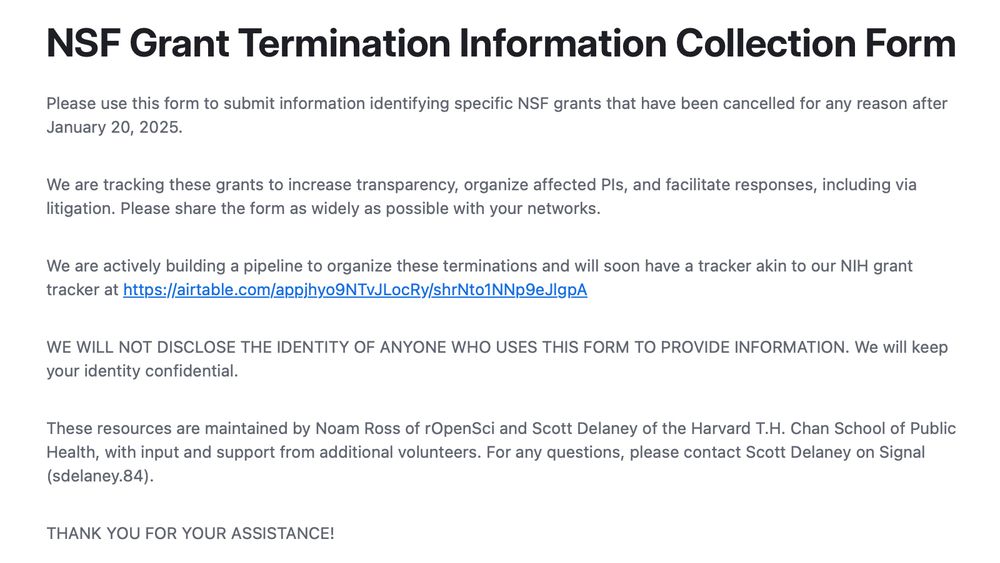
🙏 We need your help 🙏
The government continues to cancel grants at both NIH and NSF to censor science it doesn't like.
We're tracking terminations to organize and advocate. Please report your terminated grants:
NIH:
forms.gle/J2znQ7y7YpeP...
NSF: airtable.com/appGKlSVeXni...
w/ @noamross.net
19.04.2025 01:25 —
👍 624
🔁 489
💬 16
📌 30
Students seemed relieved to hear that faculty recognize the challenges, are concerned for them, invested in their future, & are listening. Though institutes seem afraid to message support for students these days, perhaps support is best communicated in small groups with folks whose faces we know
11.04.2025 05:16 —
👍 4
🔁 0
💬 0
📌 0
Main message from faculty: Work hard on the things within your control...
- take advantage of out-of-classroom opportunities to build breadth/depth of experience, including work in lab, internships, etc
- get to know your professors
- engage with professional organizations
- build pro network
11.04.2025 05:16 —
👍 5
🔁 0
💬 1
📌 0
Hosted listening sessions with undergrad students in our program over the past 2 days. Their main concerns (perhaps unsurprisingly):
- students from non-traditional identities worried if institute has their backs
- worry about grad school prospects, job prospects, loss of educational opportunities
11.04.2025 05:16 —
👍 3
🔁 1
💬 1
📌 0
Those pants look pretty corny
08.04.2025 02:31 —
👍 2
🔁 0
💬 0
📌 0
New preprint from the lab, where we describe how evolved resistance to PCBs in urban populations of killifish affords protection from fitness impacts of crude oil - in adults and embryos - because of shared mechanisms of toxicity between PCBs and oil www.biorxiv.org/content/10.1...
30.03.2025 18:14 —
👍 3
🔁 4
💬 0
📌 0
For folks who are new to single-cell transcriptomics, does anyone have any recommendations for workshops?
04.02.2025 02:32 —
👍 0
🔁 0
💬 0
📌 0




